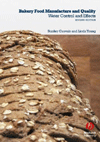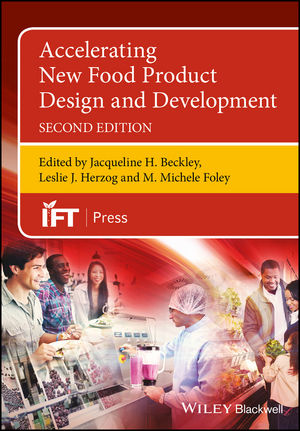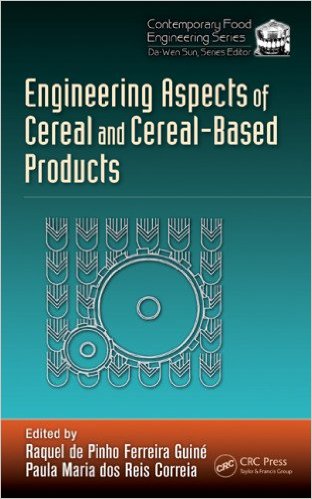Scientists claim they're closing in on producing new ‘super varieties’ of wheat that resist a virulent fungus while boosting yields up to 15%, potentially easing threats to the world's food supply.
Scientists say they're close to producing new "super varieties" of wheat that will resist a virulent fungus while boosting yields up to 15%, potentially easing a deadly threat to the world's food supply.
The research is part of a global drive to protect wheat crops from the Ug99 strain of stem rust. It will be presented at a conference that’s part of the Borlaug Global Rust Initiative, based at Cornell University in Ithaca, N.Y., organizers say.
Scientists also report that Ug99 variants are becoming increasingly virulent and are being carried by the winds beyond Uganda and other East African countries where they were first identified in 1999. Once infected with the deadly fungus, wheat plants become covered in reddish-brown blisters.
But a news release issued by the initiative before the symposium said that the fungus has now spread across all of Eastern and Southern Africa, and might just be a matter of time before it reaches India or Pakistan or even Australia and the Americas.
"We are facing the prospect of a biological firestorm, but it's also clear that the research community has responded to the threat at top speed,” reports Ronnie Coffman, head of the Durable Rust Resistance in Wheat project at Cornell University. “We are getting results in the form of new varieties that are resistant to rust and appealing to farmers.”
New varieties of wheat under development at the International Maize and Wheat Improvement Center in Mexico show resistance to all three kinds of wheat rust, according to the release. Some of those varieties also boost yields 10-15%, it said.
Still, researchers acknowledge that significant obstacles must be tackled before the resistant new varieties of wheat can replace the susceptible varieties that make up as much as 90% of the wheat now in production.
Source: www.npr.org
Get our new eMagazine delivered to your inbox every month.
Stay in the know on the latest snack and bakery industry trends.
SUBSCRIBE TODAY!Copyright ©2024. All Rights Reserved BNP Media.
Design, CMS, Hosting & Web Development :: ePublishing





